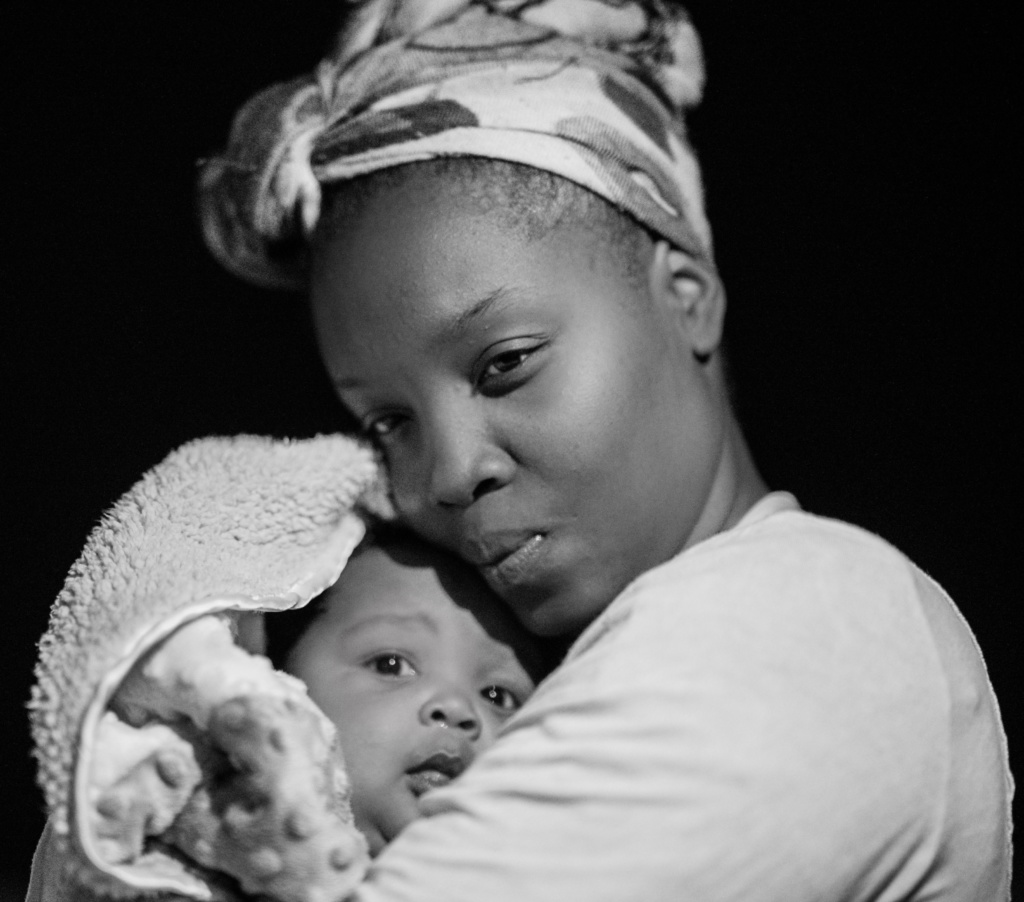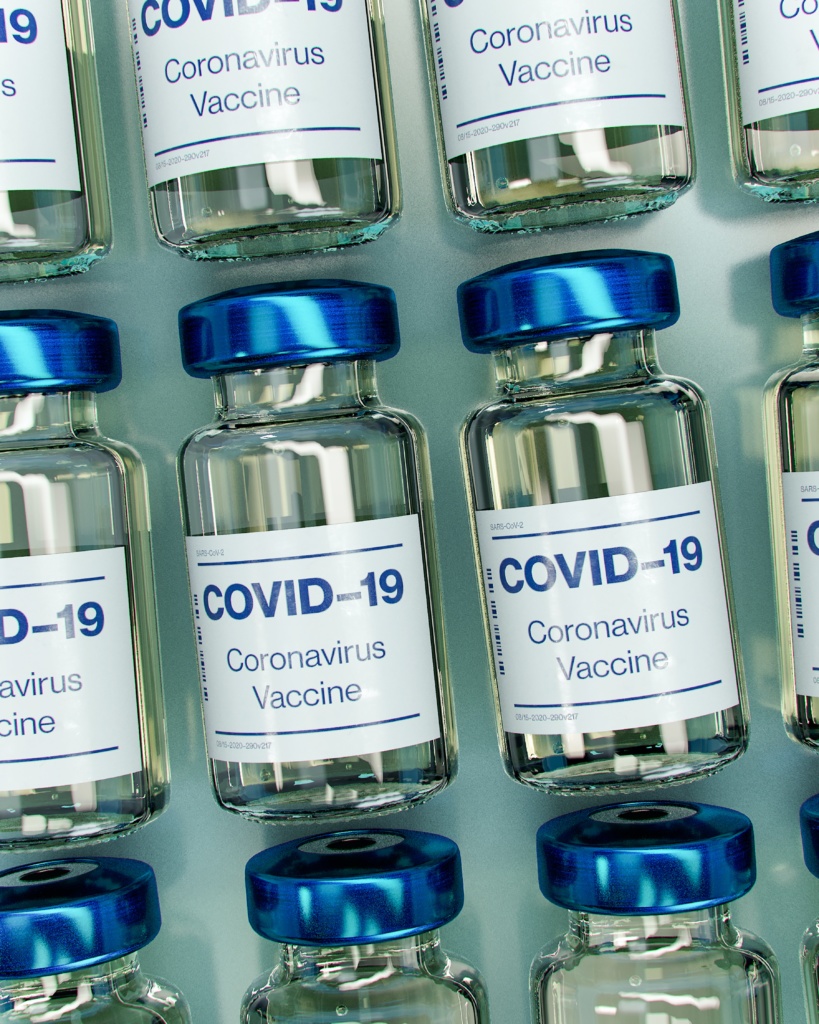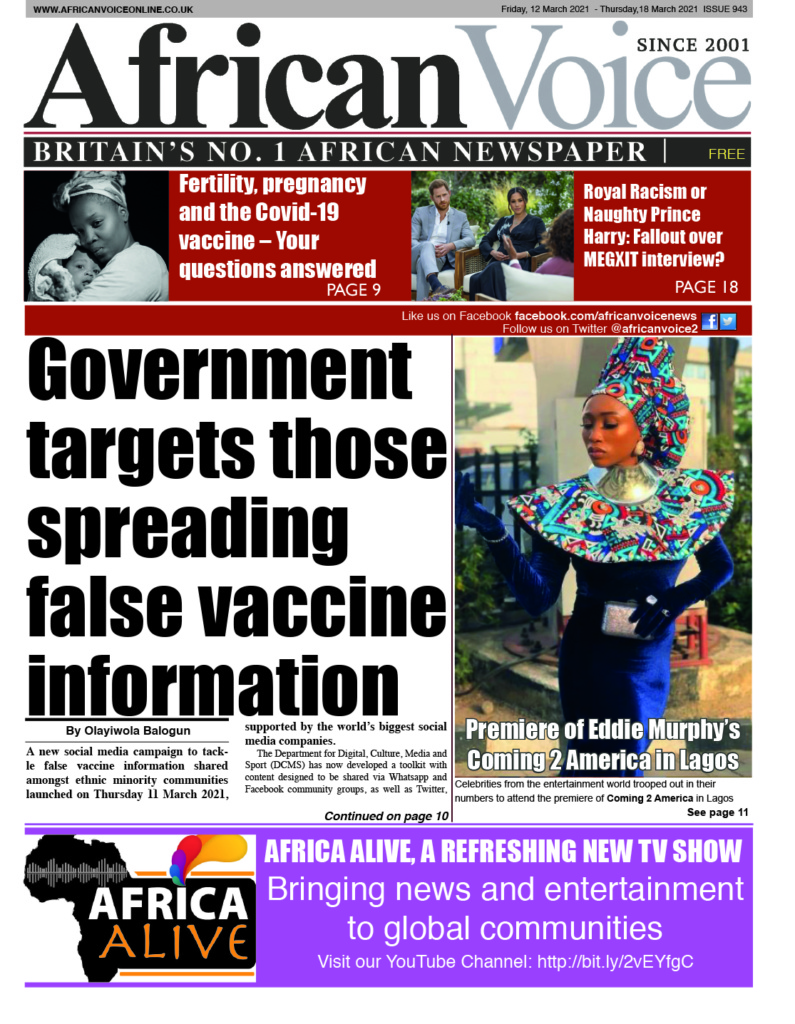
Pastor Shola Adeaga is a retired Consultant Obstetrician and Gynecologist (Reproductive Medicine specialist) with over 25 years of Medical experience and a member of the Royal College of Obstetricians and Gynecologists. He is also the Executive Pastor at Jesus House, Brent Cross, North London. Dr Shola discusses the effect of the COVID-19 vaccines on pregnancy and fertility.
I am fully aware of the concerns women have about the safety of the vaccine. While some questions have been raised as a result of harmful misinformation, it is completely understandable to want to know as much as you can about a new medicine before making the decision to take it or not. Here, I have answered three common questions about the COVID-19 vaccines in relation to pregnancy and fertility.

Could the Covid-19 vaccine affect my fertility?
There is no evidence that the vaccine affects fertility. A theory that immunity to the spike protein could lead to fertility problems is not supported by evidence. Most people who contract COVID-19 will develop antibodies to the spike and there is no evidence of fertility problems after someone has been infected with COVID-19. The Medicines and Healthcare Products Regulatory Agency (MHRA), the independent body that approves all medicines and vaccines in the UK, continues to monitor the safety of the COVID-19 vaccines and there is no evidence of long term complications.
If you’re trying for a baby, there is no need to avoid pregnancy after getting vaccinated. This advice applies if you’re starting fertility treatment as well – you can start your treatment immediately after vaccination.
Is the vaccine safe to take if I’m pregnant?
The current data we have about the vaccines does not suggest they could cause any harm to pregnant women or their unborn children. But more information is needed before experts can make a decision on whether to offer the vaccines routinely during pregnancy. As clinical trials involving pregnant women are ongoing, pregnant women are only being offered Covid-19 vaccination when the benefits of the protection the vaccines offer outweigh any potential risks for the mother and baby.
Research has shown that pregnant black women are more likely to be admitted to hospital once they’ve contracted COVID-19. This data illustrates why getting the jab may be a crucial consideration for some pregnant black women. Being pregnant alone does not automatically put you at greater risk. But if you face a high risk of exposure to the virus, for example, you work on the frontline or have underlying conditions that mean there is a high risk you could experience complications from COVID-19, you should discuss the matter with your GP or health professional.
If you become pregnant after receiving the first dose of the vaccine and are not in a high risk category, you may want to delay getting the second dose until after your pregnancy. Each decision will be made on a case by case basis.
Could the vaccine cause harm to my unborn baby or newborn?
The COVID-19 vaccines currently available in the UK do not contain any live viruses or organisms that can multiply in the body, so they cannot infect you or your unborn baby in the womb.
There is currently no data or reason to believe that the vaccine would be detrimental to your child if you’re breastfeeding. The latest advice from the Joint Committee on Vaccination and Immunisation, which is in line with the World Health Organization recommendations, is that if you’re currently breastfeeding, you can still have the vaccine.
For more information about the Covid-19 vaccines, visit www.nhs.uk/coronavirus-vaccine
Kindly follow us on twitter:@AfricanVoice2











